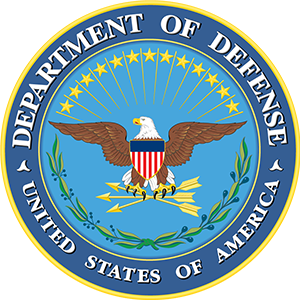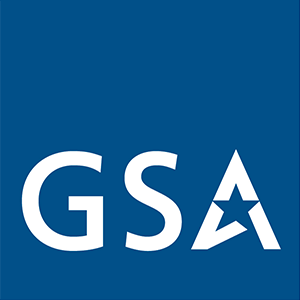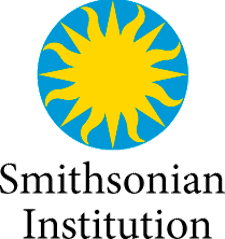This presentation delves into the intricacies of smart building control methods, covering the foundational control theories, traditional HVAC control techniques, and advanced strategies such as model-predictive control and intelligent controls driven by artificial intelligence and machine learning. It highlights the evolution from basic single-loop controls and traditional HVAC control sequences to sophisticated and advanced optimization and control methods that can be applicable to buildings. The presentation also underscores the importance of cost-effective modeling and control strategies, standardized data formats, and real-world demonstrations to validate the effectiveness and value of advanced building controls. By exploring these topics, the presentation aims to provide a comprehensive understanding of the current landscape and future directions of smart building controls.
Instructors
Xiaohui "Joe" Zhou, PhD, PE, CEM, Director of Research and Innovation, Slipstream Read Bio
Xiaohui "Joe" Zhou is a Director of Research and Innovation at Slipstream, headquartered in Madison, WI. Joe has 30-plus years of experience in commercial building controls and his current areas of research focus on emerging technology field testing and verification. Before joining Slipstream, he worked for several organizations, including Iowa Energy Center and Johnson Controls. He served as principal investigator for multi-million-dollar R&D projects sponsored by U.S. DOE, DOD, DOC, ASHRAE, and utilities. Joe has been an active member of ASHRAE since 2002 and is an AEE-certified energy manager. Currently, he serves as the Research Chair of ASHRAE Technical Committee TC 7.5 Smart Building Systems and is also the Chair of the ASHRAE Standing Guideline Project Committee (SGPC) 36, High-Performance Sequences of Operation for HVAC Systems. He earned a bachelor's degree in electrical engineering from Zhejiang University (China), a master's degree in electrical engineering from the University of Connecticut, and a Ph.D. in mechanical engineering from Iowa State University.
Learning Objectives
Upon completion of this course, attendees will be able to:
- Summarize the general control theory and control method categories;
- Summarize traditional building control methods;
- Discuss model-predictive control and its building applications;
- Discuss intelligent controls including artificial intelligence and machine learning.










